

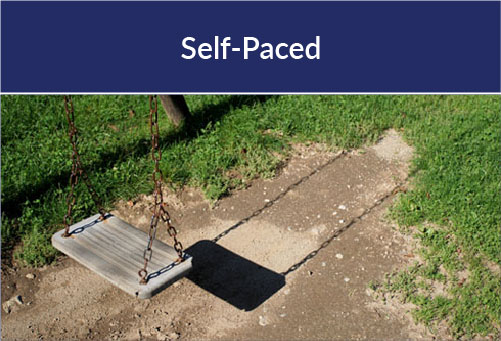
Gather information on the structure and interdependent functions/roles of a CART program. Learn about protocol development and management, development and use of Memoranda of Understanding, CART composition, training including tabletop exercises and field scenarios, and CART certification standards. Examine a case study which integrates all topics covered for effective CART leadership.
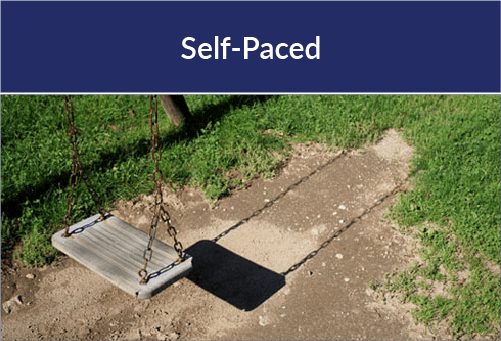
Gain an overview of the Investigative Officer Checklist resource, which can be found in the Resources tab on this webpage. The course will guide you through a case-scenario review of important checklist elements and considerations for effective use. You will be provided with information to support accurate and effective response to reports of endangered, missing or abducted children, and effective transition from patrol first response to ongoing investigation of the case.
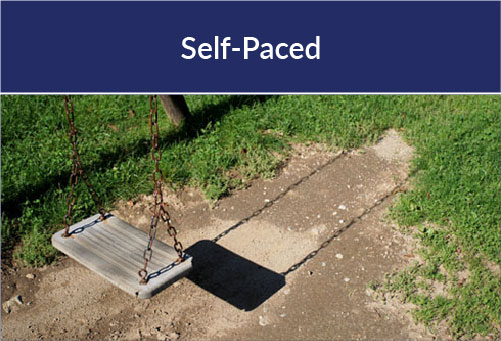
Consider the scope and scale of the problem of missing and abducted children including CART structure, function and command considerations, investigative considerations, canvass operations, search operations, volunteer management, digital forensics, logistics, recovery, and reunification. Examine a case study in which all concepts taught are integrated and considered for an effective overall response.

(THIS COURSE IS FOR CERTIFIED HEALTHCARE PROVIDERS ONLY) Learn the signs of neglect, physical, and sexual child abuse to identify a child victim and understand your responsibility as a healthcare professional and mandated reporter. Awareness of these signs is a critical step to protecting our children. We all have a responsibility to protect children. KNOW & TELL® is a public responsibility movement to educate all New Hampshire adults to KNOW the signs of abuse and TELL responsible authorities when they recognize them. Individuals living outside of the State of New Hampshire are welcome to participate in this training but should inquire with their own state as to reporting procedures and requirements.

Gain an understanding of child sex trafficking victim dynamics, perspectives on sex traffickers and how human trafficking is the second most profitable crime in the world. Case examples will be utilized throughout the course to highlight real world examples of child sex trafficking.

Gather step-by-step instructions on how to prepare for an interview with specific focus on important content, what topics to explore, and tips for ending an interview.

Develop a multidisciplinary team approach for responding to child sex trafficking cases that result in prosecution. Discuss topics such as search warrants, what charges to bring and other considerations and/or prosecutions issues. Explore victim-centered approaches and strategies to deal with the unexpected.

Learn about protective strategies and actions toward preventing child sexual abuse. These strategies will include the development of effective prevention messaging, including the use of appropriate language. During the course, we will explore debunking child abuse myths through research, and identifying why some youth don’t tell others about their victimization. Gather tips for talking with children at an age appropriate level, including the importance of using correct names for body parts. A vital part of the training will be providing information resources to assist in the development an effective prevention plan to reach parents, educators, and identify and collaborate with other strategic partners in ending child abuse.
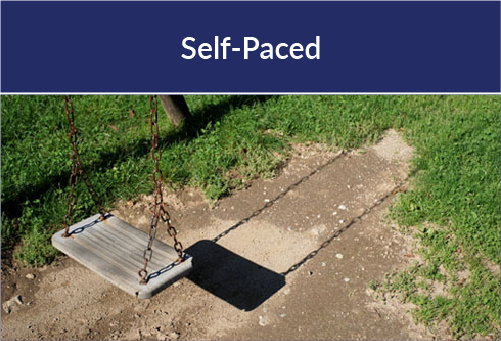
This first course in the Missing Child Investigations in Indian Country (MCI-IC) online training series introduces the series, and is specifically designed to support understanding of the six key challenges law enforcement officers and supporting agencies working in or with Indian Country communities often face when a child goes missing, including: Not having a clearly defined starting point for the investigation; proper identification and utilization of resources; increasing risk with the passage of time; the emotionally charged nature of the case; addressing and managing the media; and jurisdictional, geographic and cultural dynamics of investigative work in Indian Country.
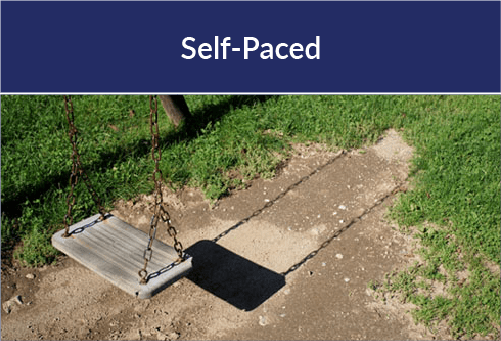
The tenth course in the Missing Child Investigations in Indian Country (MCI-IC) online training series is designed to help law enforcement understand and apply proper methods and techniques in performing general area searches, forensic searches, and roadblock canvasses in missing child investigations in Indian Country. The general area search, a physical search for the child, and the forensic search, a formal collection of physical evidence, are core investigative processes in missing child investigations, especially in child abduction cases. The roadblock canvass is frequently conducted in conjunction with the general area search. This course will focus on the procedures and coordination of each of these investigative processes.
